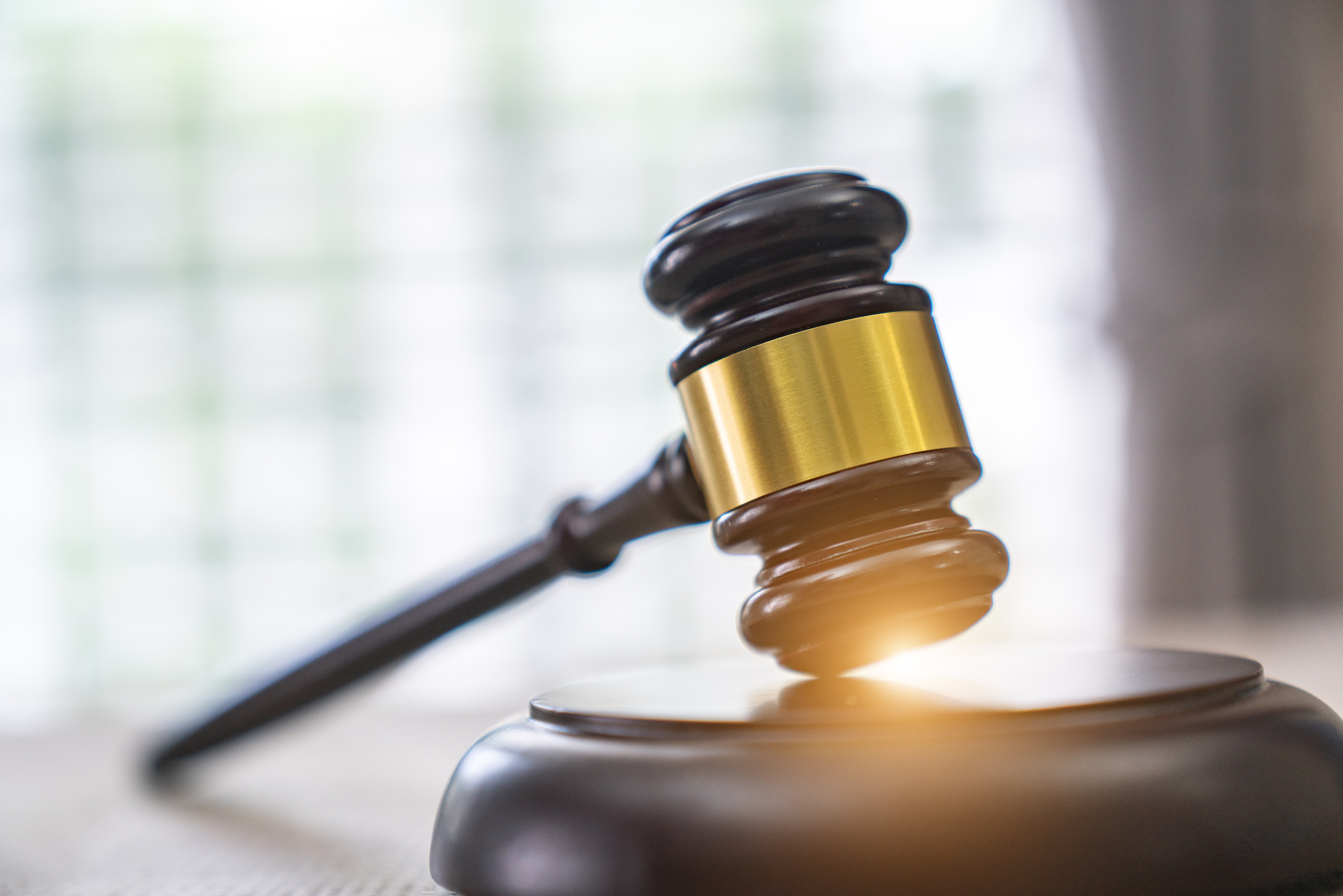FCC Defends Broadcast Foreign-Ownership Disclosure Rule in Federal Court
Agency says broadcasters‘ petition to stay the regulation fails on all counts

The Federal Communications Commission is defending its decision to make broadcasters do some extra due diligence in identifying foreign leased programming, a decision that came amid concerns about foreign disinformation in U.S. media.
Calling it a “minimal extension” of its longstanding regulations regarding foreign programming sponsorship, the FCC told the U.S. Court of Appeals for the D.C. Circuit it should not block that rule “extension.” The National Association of Broadcasters and others asked the court to do so in the form of a motion to stay the rule.
The FCC said broadcasters‘ beef is with a single “straightforward administrative requirement” — that stations “perform a name search on two government websites in order to confirm that the party to whom a broadcaster leases airtime is not a foreign governmental entity.”
There is a high bar for a judicial stay, including imminent and irreparable harm absent such a stay and likelihood of the success of NAB's case. The FCC said it will likely take several months for the new rule to take effect, because the Office of Management and Budget must sign off on the information collection obligations. The FCC said NAB has not shown that the rule, when it does go into effect, will cause irreparable harm. It rejects the NAB‘s claim that “unrecoverable compliance costs” — if the rule goes into effect and the court later overturns the compliance requirement — are irreparable harm because the economic hit isn‘t that big.
The NAB also said a stay would cause irreparable harm because it would run afoul of the First Amendment. The FCC said the disclosure requirement burdens speech, but does not prevent it; said it is narrowly tailored, as any speech regulations must be; and noted that the Supreme Court has said broadcasters have the most limited speech protections of “all forms of communications.”
Also: Broadcasters Seek Stay of Disclosure Rule
As to the NAB‘s winning, the FCC said requiring a name search in two government databases was a reasonable interpretation of the statutory requirement that broadcasters exercise due diligence in determining the source of their foreign-supplied programming
Late last month, broadcasters petitioned the court to stay the FCC's implementation of its decision to boost disclosure requirements for foreign government-sponsored programming, at least until that court can hear their underlying case for reversing that requirement.
The FCC voted unanimously last April to boost disclosures for programming on airtime leased by a foreign entity. The move came amid heightened focus in D.C. on disinformation campaigns and despite pushback from broadcasters, who argue the FCC is adding regulations to an already overregulated service, including charging broadcasters with the responsibility to investigate for foreign ownership.
The NAB, the Multicultural Media, Telecom and Internet Council and the National Association of Black Owned Broadcasters petitioned the FCC to stay the decision, but it declined to do so.
The commission suggests broadcasters essentially have no cause for their action.
FCC: Rule Was Made ‘Reasonably’
“The FCC reasonably determined that the challenged rule is necessary to ensure appropriate disclosure of broadcast sponsorship by foreign governmental entities. As we have shown, it does not violate the First Amendment rights of NAB’s members, and is only a modest extension of the existing broadcast sponsorship identification regulations, which NAB does not challenge,” the agency said. ”There is, in short, no basis for suspending the targeted, straightforward steps the FCC has taken to ‘increase transparency and ensure that audiences of broadcast stations are aware when a foreign government, or its representatives, are seeking to persuade the American public.’ ”
Broadcasters argued the FCC doesn’t have the authority to impose the obligation to investigate “every existing or new leased programming agreement” on broadcasters to ensure they do not run afoul of FCC rules.
Suggesting the FCC was signaling broadcasters for special mistreatment, they said the FCC order didn't say anything about undisclosed foreign government programming on cable systems or over-the-top video, where, they argue, the real problem is.
The FCC pointed out that the D.C. Circuit has already concluded in another case that a rule “is not fatally underinclusive simply because an alternative regulation, which would restrict more speech or the speech of more people, could be more effective.” Besides, it said, the agency is only empowered by the Communications Act to impose sponsorship ID requirements on broadcast stations.
The smarter way to stay on top of broadcasting and cable industry. Sign up below
Contributing editor John Eggerton has been an editor and/or writer on media regulation, legislation and policy for over four decades, including covering the FCC, FTC, Congress, the major media trade associations, and the federal courts. In addition to Multichannel News and Broadcasting + Cable, his work has appeared in Radio World, TV Technology, TV Fax, This Week in Consumer Electronics, Variety and the Encyclopedia Britannica.

